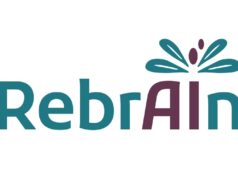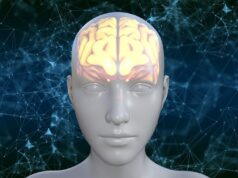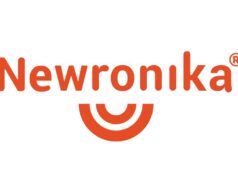
Deep brain stimulation (DBS) offers a safe therapy option for reducing chorea in patients with Huntington’s disease, but it remains to be seen whether it is superior to any conservative medical treatments in this space. This was the concluding message from Jan Vesper (Heinrich Heine University, Düsseldorf, Germany) in his presentation of late-breaking clinical trial research at the International Neuromodulation Society (INS) congress (21–26 May 2022, Barcelona, Spain).
In what Vesper claimed is the first prospective, multicentre, double-blinded, sham-controlled randomised controlled trial (RCT) assessing DBS in chorea-dominant Huntington’s patients, researchers assessed procedural safety of pallidal stimulation, with a follow-up totalling 12 weeks.
Vesper noted that prior case reports have suggested DBS as a treatment option in this patient population—but the exact target for stimulation is subject to debate. A previous pilot trial showed the equality of internal versus external pallidal stimulation as well as a potential benefit of DBS for improving chorea. As such, Vesper and his team conducted a multicentre RCT intended to prove the efficacy and safety of pallidal DBS for Huntington’s, and to show superiority of DBS in improving motor function in the stimulation group compared to a ‘stimulation-off’ group.
In the trial, surgery was performed under general anaesthesia, including bilateral stereotactic insertion of quadripolar electrodes (3387, Medtronic) into the globus pallidus as well as stimulator implantation (Activa PC, Medtronic) for chronic stimulation. A 1:1 randomisation process followed this procedure, Vesper detailed, and differences in Unified Huntington’s disease rating scale total motor scores (UHDRS-TMS) at 12 weeks—the primary endpoint—were evaluated postoperatively versus baseline and compared between the two groups.
Eight European sites participated, with a total of 44 patients being randomised and 40 being deemed eligible for final analysis—owing to four dropouts. According to Vesper, extensive clinical evaluations regarding motor function, cognition, psychiatry/emotion and quality of life were performed at baseline, and at three- and six-month postoperative follow-up visits. Data were also balanced at baseline to remove selection bias risks.
Vesper informed INS 2022 attendees that all adverse events resolved without sequelae in the trial. In addition, no unanticipated adverse events or serious adverse events occurred, and no instances of intracerebral haemorrhage (ICH) were observed either. One patient died during open phase (after 12 weeks), he noted, and this event was determined as unrelated to surgery. One infection occurred at 12 weeks after surgery too.
Discussing efficacy outcomes, and the trial’s primary endpoint, Vesper reported no significant differences between the two groups. He said that certain factors may have biased these results, including microlesion effects, the fact investigators were blinded, and a lack of complete data at six months, but concluded that DBS does not appear to be superior to any conservative medical treatment—based on these findings.
Vesper also claimed that, while no specific predictors have been identified to date, DBS may hold benefits in some Huntington’s patients, and further evaluations are ongoing, such as independent video ratings of clinical results as per one of the trial’s secondary endpoints.










